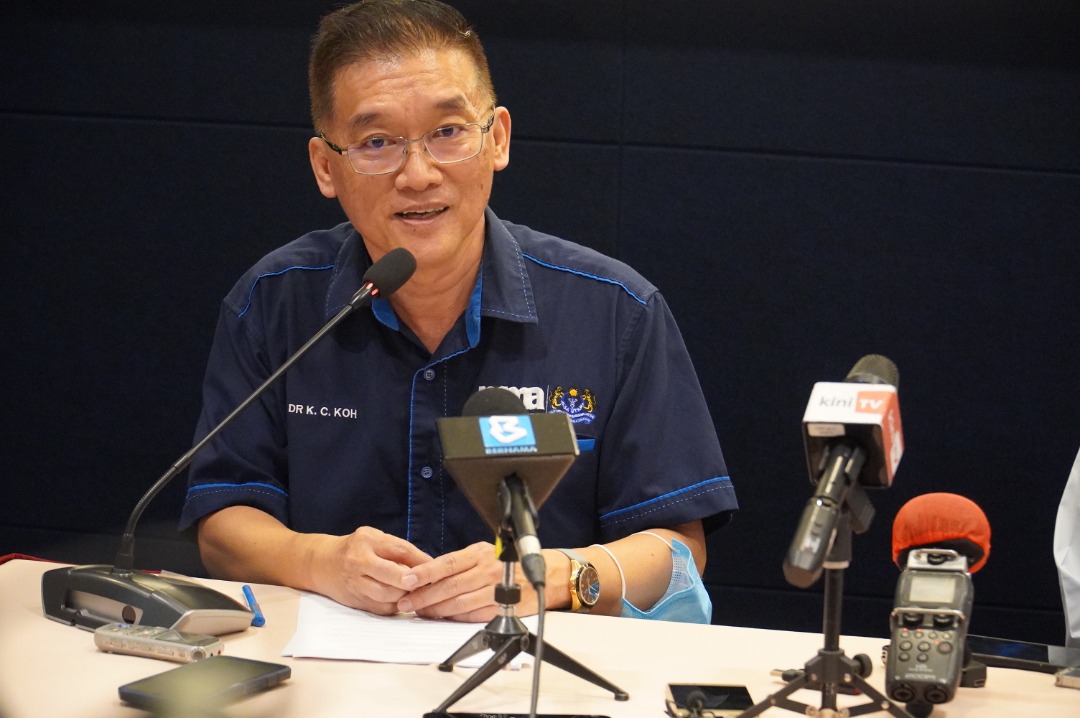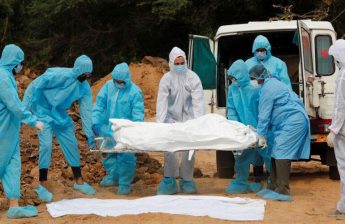KUALA LUMPUR, May 10 – Workplace bullying in the health care system must be clearly defined, the Malaysian Medical Association (MMA) said today, citing various allegations of abuse ranging from foul language use to being tasked to an errand by a more senior officer.
MMA president Dr Koh Kar Chai said without defining the term, instructions related to work, if deemed unacceptable to a junior doctor, can even be construed as being bullied.
However, Dr Koh stressed that MMA does not condone outright bullying where there is an obvious misuse of power that is repeatedly done with an effort to create physical, social or even mental harm.
“Such abuse, whether physical or social, in nature has no place in our health care system, be it affecting the junior or the senior doctors. It has to be reported and action taken to prevent a continuation of the incidence.
“MMA will assist any medical doctors who come up to us for help, especially if it involves bullying,” Dr Koh said in a statement today.
Dr Koh said efforts to address bullying in health care facilities must be done in a holistic way – not just by punishing those who bully – including understanding reasons for the high level of stress among medical doctors, especially in recent years.
“The Ministry of Health (MOH) needs to look into all contributing factors to address the issues faced by housemen in their training and also the welfare of the doctors in the public health care system. This isn’t just about housemen alone, but about the huge mental burden placed on the shoulders of all the doctors.
“We can talk about providing world class health care to the masses, but we have to care for the health care providers first for if the health care providers themselves are ill, so to speak, who will then be able to care for the patients,” Dr Koh said.
“We hope that the task force (set up by the MOH) will be able to recognise that a single major contributor to our current problem now is the high number of medical graduates being put in the system every year.
“Market forces will soon come into play whereby there will be a decline in applicants to medical school, but something needs to be done and the time is now. As it is, we are already facing a runaway train in our efforts to manage the large number of young medical graduates in the system,” Dr Koh added.
Health Minister Khairy Jamaluddin previously announced the formation of an independent taskforce to investigate the death of a trainee doctor from Penang Hospital and alleged workplace bullying.
Free Malaysia Today (FMT) reported allegations from some anonymous former and current house officers, who described Penang Hospital as the “worst hospital” for housemanship practice due to an alleged toxic work culture of bullying of junior doctors.
Recognising that cases of bullying may never be reported for fear of being singled out for further punishment, Dr Koh said MMA launched “HelpDoc” in 2016, a helpline to assist doctors facing workplace abuse.
“This was done in the belief that with the case being looked into by MMA, there will be justice done without the fear of being reprimanded,” Dr Koh said, without disclosing the number of complaints the helpline received and cases MMA has managed to resolve.
Dr Koh also reminded trainee doctors that life as a medical practitioner is “never easy” and they must be fully prepared for the challenges that lie ahead in their medical career.
“We do see many trainees who put in the effort to pick up skills during the housemanship period because they know that they cannot turn back to pick up whatever learning opportunities that are lost,” Dr Koh said.
“I would like to remind everyone that patient care has never changed throughout the generations and hopefully never will or it will relegate all doctors to just mechanical robots with no heart at all. This is not a period whereby they should be looking at a regular eight-hour shift without any stressors whilst undergoing their training,” he added.
He said those who are not cut out to be medical doctors will usually quit, as reflected in the high attrition rate of up to 26 per cent during housemanship.
“Don’t be misled by the constant complaints by those who clamour for the easy life of a doctor. Life as a medical practitioner is never easy and one has to be fully prepared for the challenges that lie ahead in their medical career.
“We do see many trainees who put in the effort to pick up skills during the housemanship period because they know that they cannot turn back to pick up whatever learning opportunities that are lost,” Dr Koh said.








